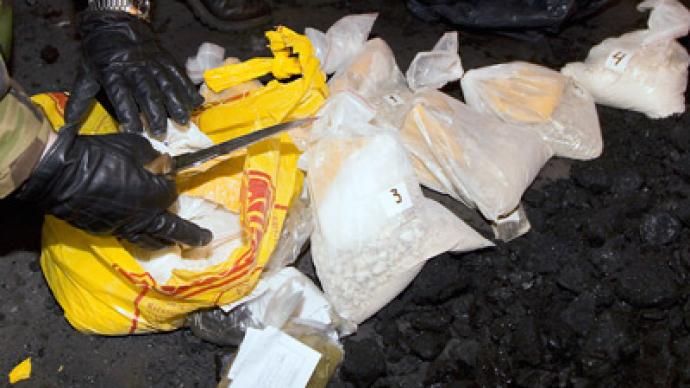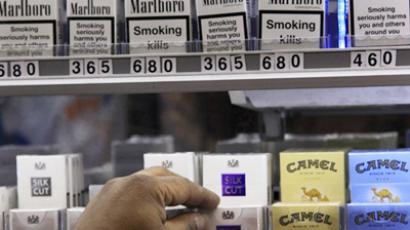Illegal trade booms amid the recession

While global economic growth has slowed amid the recession, the UN says turnover of cross-border organised crime is about $870 billion a year and is booming with drug trafficking and counterfeiting being the most lucrative businesses for criminals.
The total estimated figure of $870 billion is more than six times the total of official development aid and is equivalent to 1.5% of the world's gross domestic product.The financial crisis in Europe has triggered an increase in the trade of human body parts in particular. With families and individuals scrambling to put food on the table, more and more people in Europe are opting for selling their body parts despite bans on this kind of trade.According to the World Health Organisation, the illegal trade in kidneys is flourishing, having risen to an estimated 10,000 black market operations involving purchased human organs. The UN estimates on average one human organ is illegally sold per hour with 5% to 10% of kidney transplants performed each year as a result of organ trafficking.The trade in human body parts is particularly large-scale in Europe’s poorest country, Moldova where kidneys are the cheapest in Europe. According to the NGO Renal Foundation, which fights organ trafficking in the country, a kidney costs between 1,500 and 5,000 euros.













